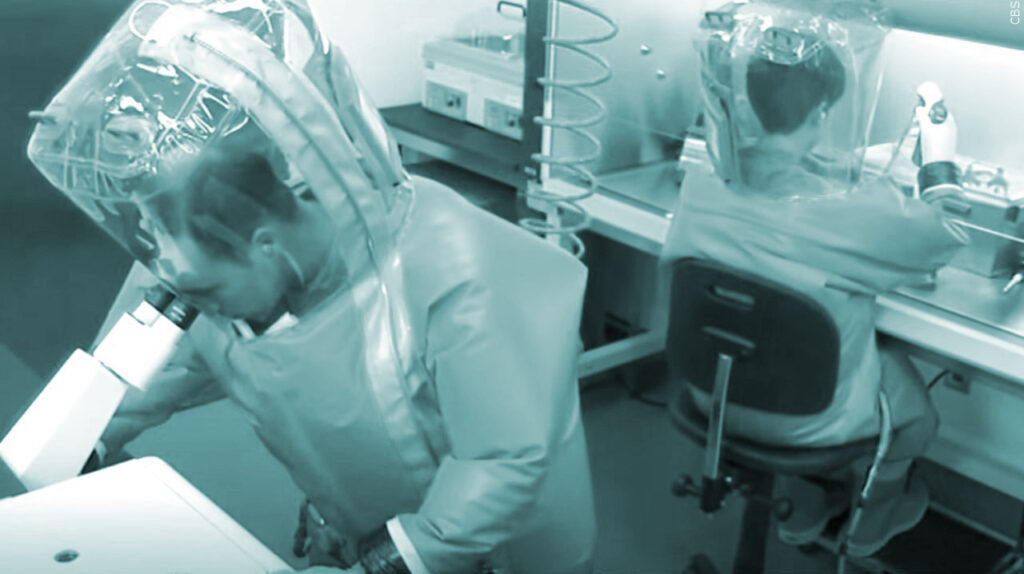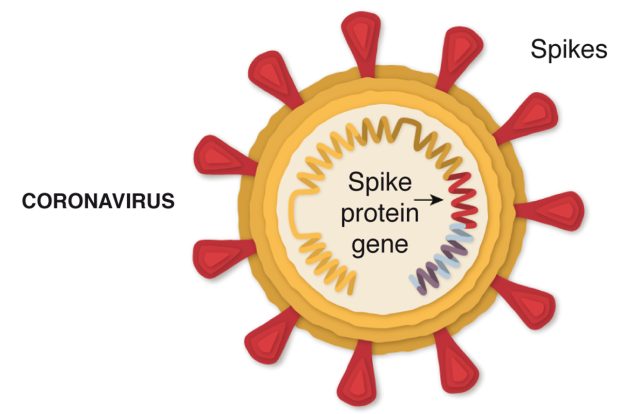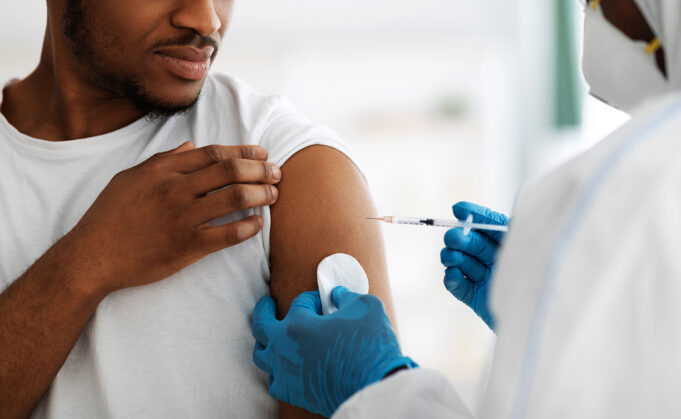The largest COVID-19 vaccine autopsy study to date has been republished in a peer-reviewed journal after twice being censored. The study’s lead author said it provides ‘robust evidence’ that the vaccines can cause death, meeting the FDA’s criteria for ‘an immediate market withdrawal.’
by Suzanne Burdick, Ph.D.The Defender
This article was published on The Defender—Children’s Health Defense News & Views Website on November 18, 2024
The largest COVID-19 vaccine autopsy study to date has been republished in a peer-reviewed journal—after twice being censored, according to Nicolas Hulscher, the paper’s lead author and an epidemiologist at the McCullough Foundation.
Science, Public Health Policy and the Law on Nov. 17 published the study, which had been previously withdrawn from Preprints with The Lancet and Forensic Science International.
Hulscher told The Defender the study’s republication signals a “pivotal victory for transparency and accountability in science.” It also marks “a significant setback” for actors in the biopharmaceutical complex and “their Academic Publishing Cartel,” Hulscher said.

Hulscher’s co-authors include Dr. Harvey Risch, Dr. Peter A. McCullough and Dr. William Makis.
Hulscher told The Defender the study provides “robust evidence that COVID-19 vaccines can cause death. This means that the FDA’s [U.S. Food and Drug Administration] criteria for a Class I recall have been fulfilled, warranting an immediate market withdrawal.”
The FDA defines a Class I product recall as “a situation in which there is a reasonable probability that the use of or exposure to a violative product will cause serious adverse health consequences or death.”
Risch, professor emeritus of epidemiology at the Yale School of Public Health, told The Defender that the COVID-19 vaccine spike protein “can stay around in some people and continue to do inflammatory damage in any site where it gets to through the bloodstream.”
In ‘striking act of censorship’ publishers withdraw study, shut down debate

The study’s publication in Science, Public Health Policy and the Law is the latest twist in an ongoing saga as the authors have tried to get their research out to the public and scientific community, Hulscher wrote on Substack.
The study results were first made public on July 5, 2023, as a preprint with The Lancet on SSRN, an open-access research platform.
However, Preprints with The Lancet removed the study from the server within 24 hours, posting a statement that the study’s conclusions were “not supported by the study methodology,” The Daily Sceptic reported.
McCullough told The Epoch Times that the study was experiencing “hundreds of reviews per minute” before its removal.
Preprint servers offer a place for the public to view scientific reports and papers while they undergo peer review, making scientific findings available immediately and for free and opening them up to broader public debate.

The authors subsequently posted on the Zenodo preprint server, while the review underwent peer review at Forensic Science International. It was downloaded over 130,000 times.
On June 21, 2024, after successful peer review, Forensic Science International published the study.
Within weeks, the study became the top trending research paper worldwide across all subject areas, according to the Observatory of International Research, Hulscher recalled.
“Unfortunately,” Hulscher wrote on Substack, “in a striking act of censorship, Elsevier and Forensic Science International withdrew the article on August 2nd, 2024 in flagrant violation of their own withdrawal policy and COPE guidelines.”
He said they “left no traces behind, completely wiping our paper from the webpage.”
Elsevier and Forensic Science International said that “members of the scientific community”— who remained anonymous, Hulscher pointed out—cited numerous concerns about the study, including inappropriate citation references, inappropriate methodological design and a lack of factual support for its conclusions.
The concerns were “unfounded,” Hulscher wrote. The study authors wrote a rebuttal defending their study and submitted a revised manuscript. However, Elsevier and Forensic Science International rejected the revised manuscript.
Hulscher noted that Elsevier and Forensic Science International “failed to follow the proper scientific discourse method of allowing debate in Letters to the Editor.” Instead, they shut down the possibility of debate by censoring the study.
“This type of academic censorship poses a serious threat to the progress of scientific discovery,” he said.
73.9% of deaths reviewed by authors linked to COVID vaccines
As The Defender previously reported, the study authors did a systematic review of studies on autopsy findings following COVID-19 vaccination.
They first searched PubMed and ScienceDirect for all published autopsy and necropsy—another word for autopsy—reports related to COVID-19 vaccination in which the death occurred after vaccination.
They screened out 562 duplicate studies among the 678 studies initially identified in their search. Other papers were removed because they lacked information about vaccination status.
Ultimately, they evaluated 44 papers containing 325 autopsies and one necropsy case. Three physicians independently reviewed each case and adjudicated whether or not the COVID-19 shot was the direct cause or contributed significantly to the death reported.
They found 240 of the deaths (73.9%) were found to be “directly due to or significantly contributed to by COVID-19 vaccination.” The mean age for death was 70.4 years old.
Primary causes of death included sudden cardiac death, which happened in 35% of cases, pulmonary embolism and myocardial infarction, which occurred in 12.5% and 12% of the cases respectively.
Other causes included vaccine-induced immune thrombotic thrombocytopenia, myocarditis, multisystem inflammatory syndrome and cerebral hemorrhage. Most deaths occurred within a week of the last shot.
The authors concluded that because the deaths were highly consistent with the known mechanisms for COVID-19 vaccine injury, it was highly likely the deaths were causally linked to the vaccine.
They said the findings “amplify” existing concerns about the vaccines, including those related to vaccine-induced myocarditis and myocardial infarction and the effects of the spike protein more broadly.
They also said the studies have implications for unanticipated deaths among vaccinated people with no previous illness. “We can infer that in such cases, death may have been caused by COVID-19 vaccination,” they wrote.
The authors acknowledged some potential biases in the article.
First, they said, their conclusions from the autopsy findings are based on an evolving understanding of the vaccines, which are currently different from when the studies evaluated were published.
They also noted that systematic reviews have bias potential in general because of biases that may exist at the level of the individual papers and their acceptance into the peer-reviewed literature.
They said publication bias could have affected their results because the global push for mass vaccination has made investigators hesitant to report adverse events.
They also said their research did not account for confounding variables like concomitant illnesses, drug interactions and other factors that may have had a causal role in the reported deaths. This article was published by The Defender—Children Health Defense News & Views
Website under Creative Commons license CCBYNCND.













